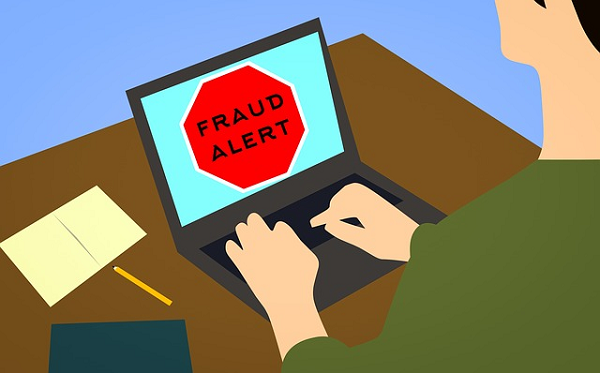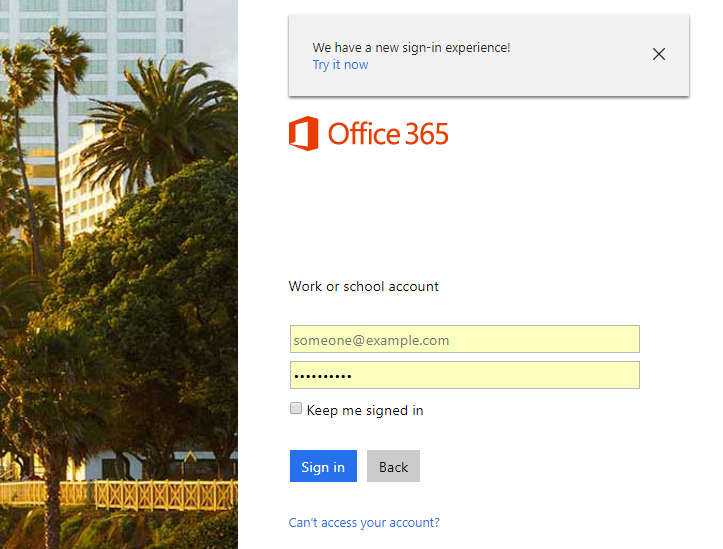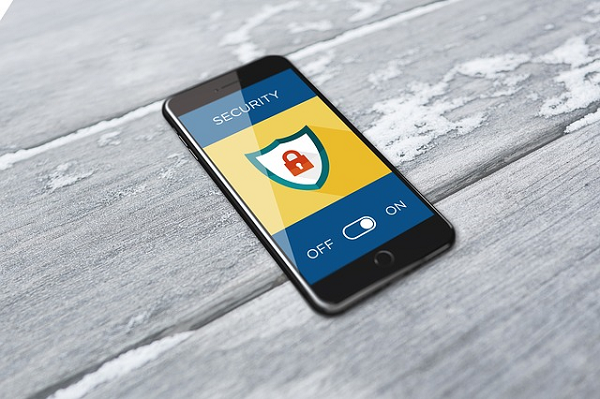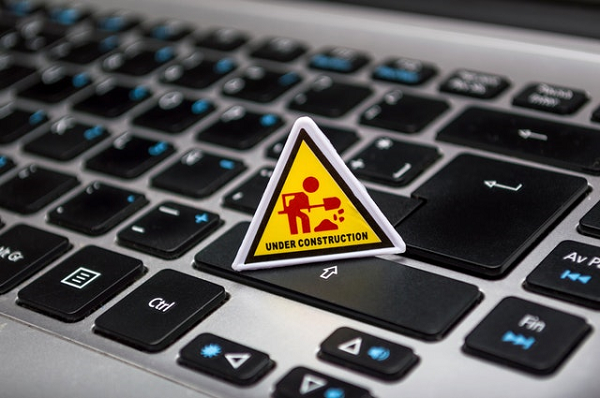Latest from our business, security
and technology blog
Search the blog:
From Spam to Phish – Cyber Crime on a Plate
Email – love or hate it as a form of communication, it touches most of us everyday and shows no signs of going away. This is especially true in the workplace where it hasn’t yet been dislodged by the various messaging apps as the preferred medium to send information.
How to Address the Dangers of Personal Devices for Work
What happens when an employee downloads a virus onto one of their personal devices that you have allowed access your company systems? Grant McGregor takes a look at an emerging weak spot in many companies’ defences.
Not Faster than the Lion
Cyber threats are constantly evolving and growing. With breaches reported in the international press, it is easy to get lost in the white noise of cybercrime fear and misinformation. But there are some truly straightforward and clear steps that every business can take.
Education, Education, Education
Those of us of a certain age will remember the promise that things can only get better… and the mantra of “education, education, education”. It all seems a long way away today. The good news? When it comes to cybersecurity, things can get significantly better with a relatively small investment in...
SCVO Releases Additional Cyber Security Vouchers to Third Sector
Act now. Applications will not be accepted after 3rd May 2019.
Office 365 Popularity Grows…as does its potential vulnerability
Since its introduction, Microsoft’s Office suite products have clearly been the tools of choice for most of the world’s businesses - most of us using at least one of the applications on a daily basis.
Are You Doing Enough on Mobile Device Security?
We all want to do our best to keep our corporate data and systems safe. Each year, organisations invest millions in firewalls, anti-virus software, training and patching programmes. But how much of this is directed at mobile devices?
Passwords: Can we live without them?
For thousands of years, passwords have been used as a means of authentication; a way in which people could be confident that security was maintained.
The IT Lifecycle and 5 Signs that it’s Time to Upgrade Your Technology
When you’re starting out, smart tech purchases can often end up at the bottom of your list of priorities. But depending on how much you care about office atheistic, you can either end up overspending on beautiful technology, or buying the most cost-effective computers which your business will have...













